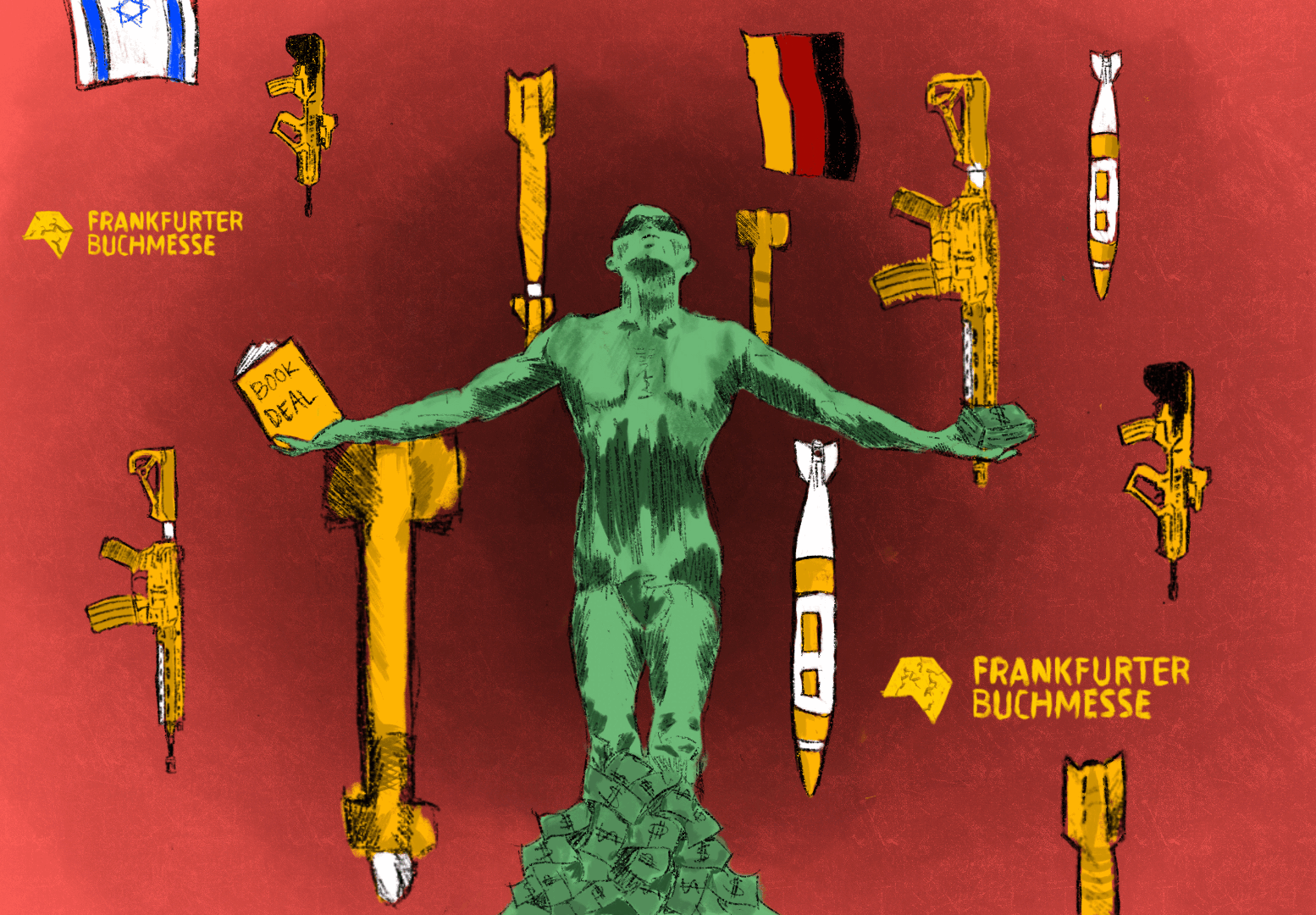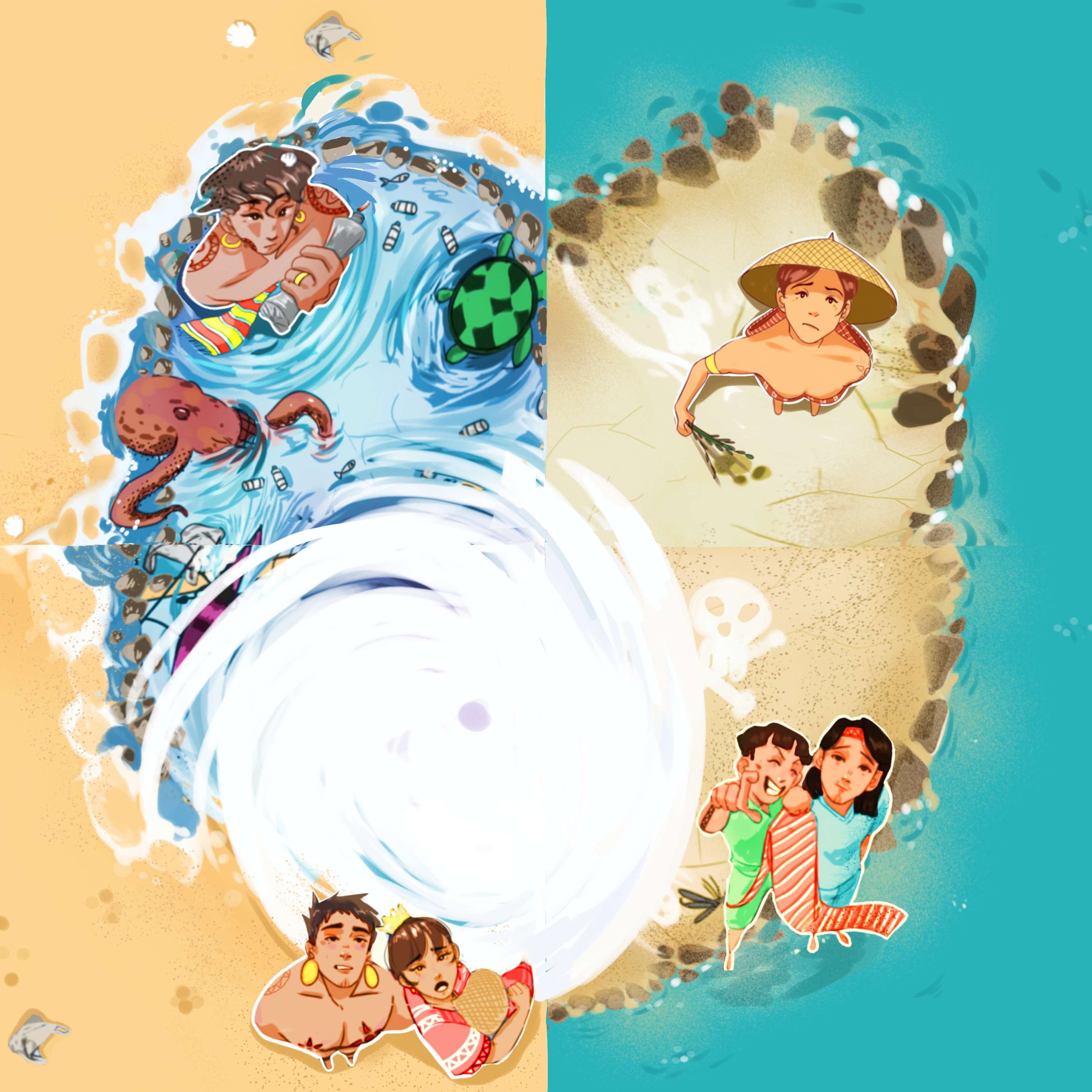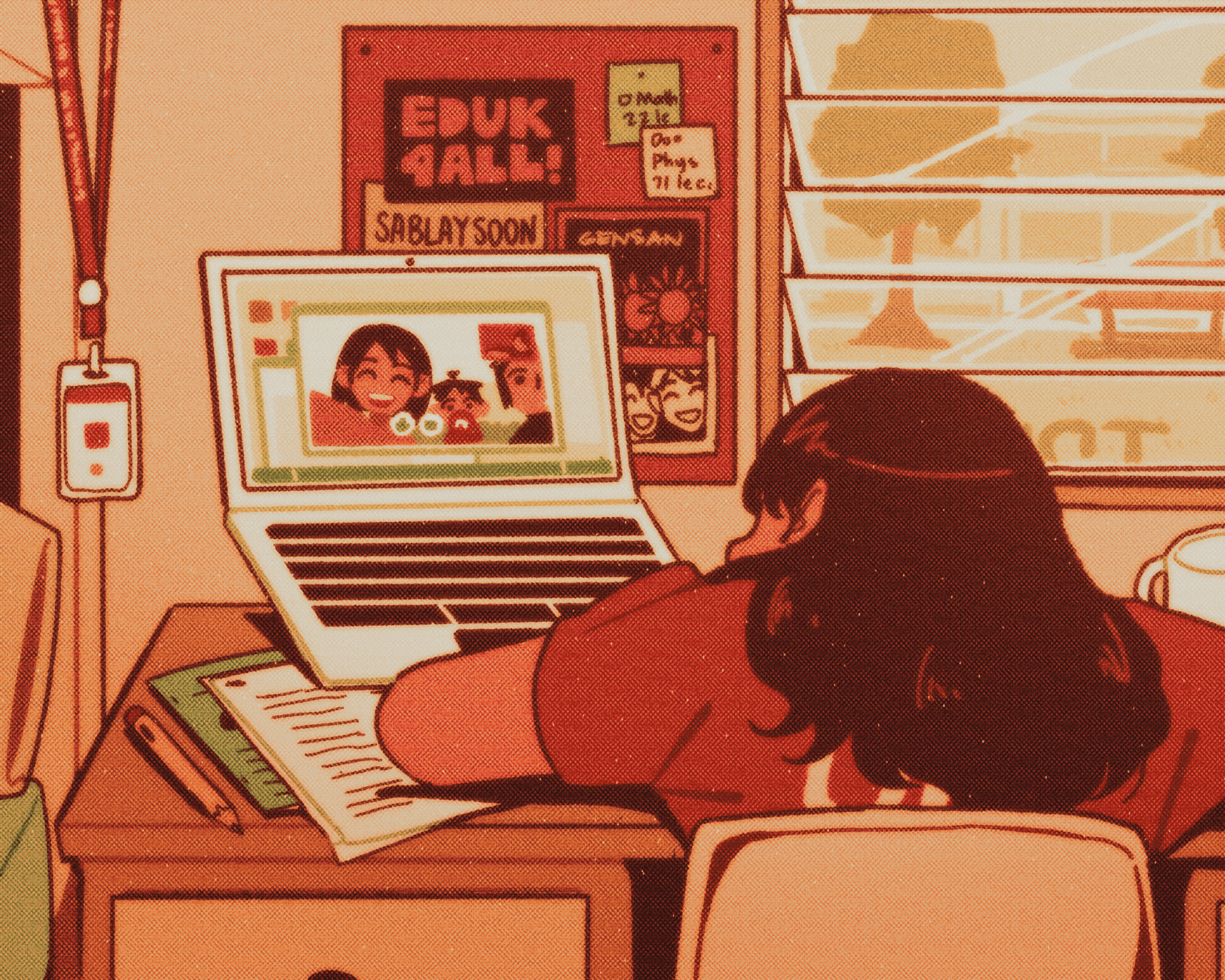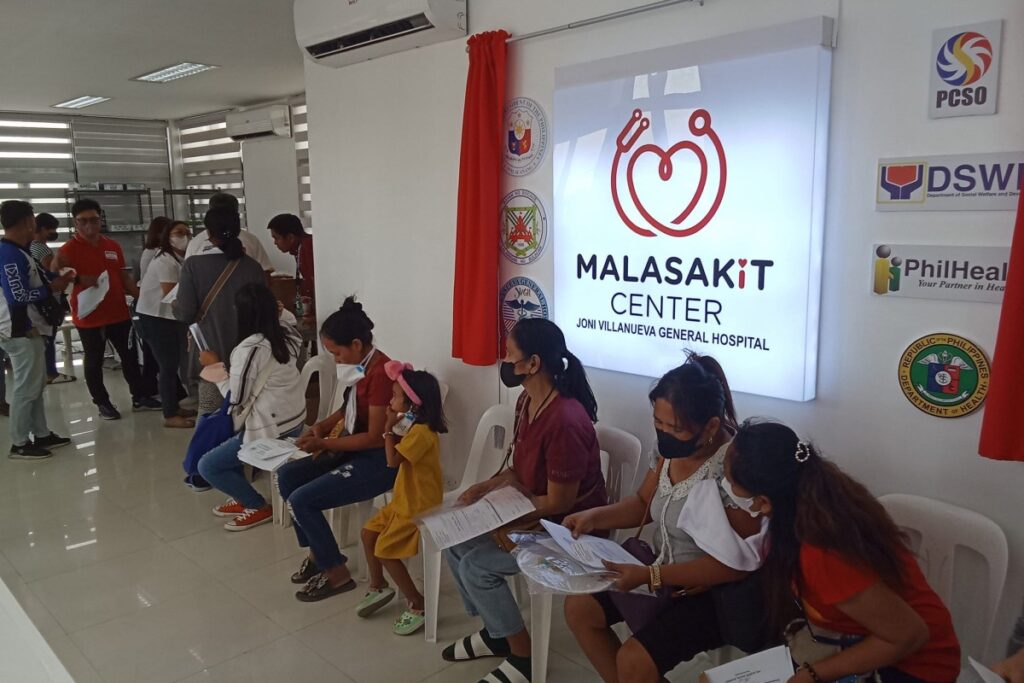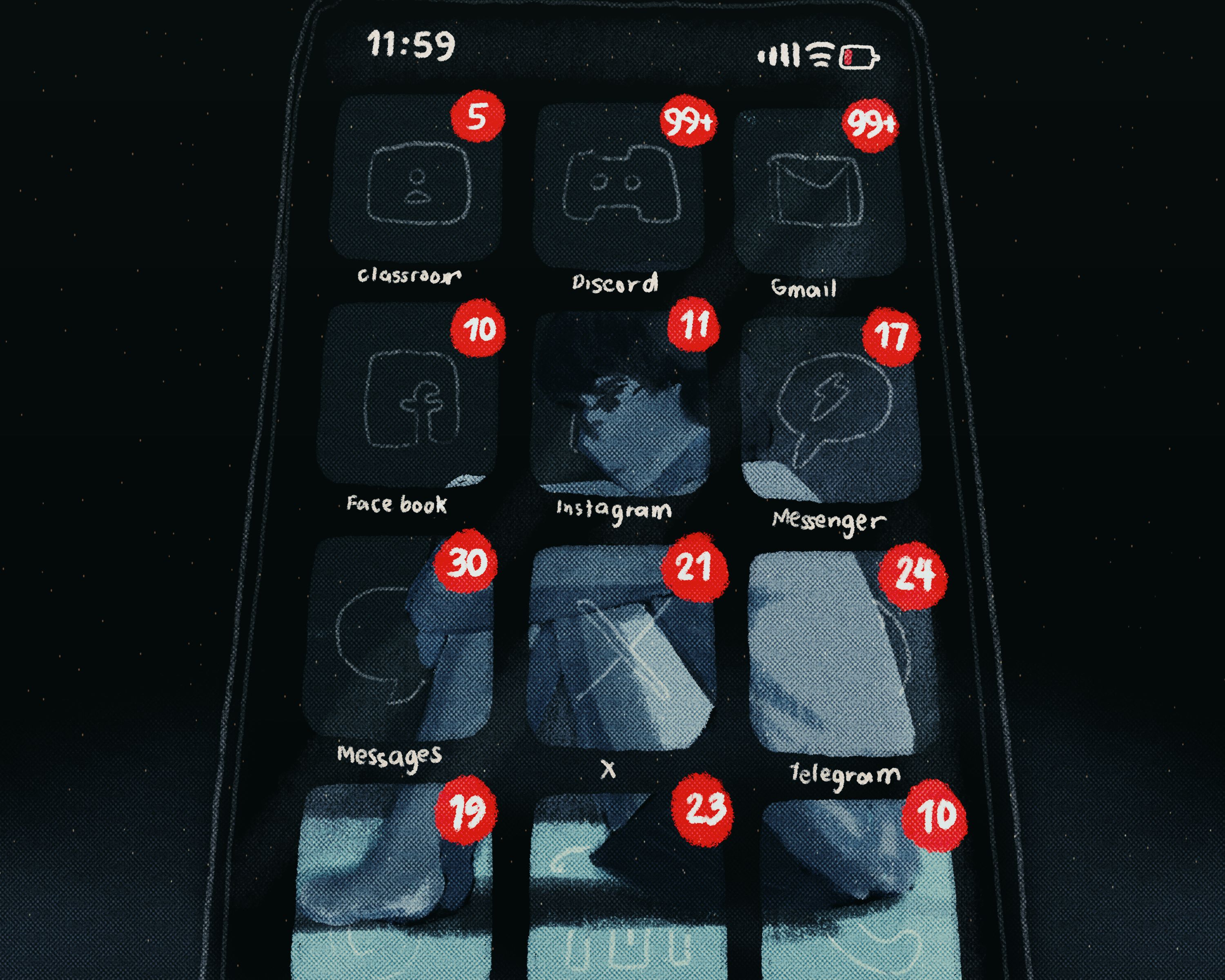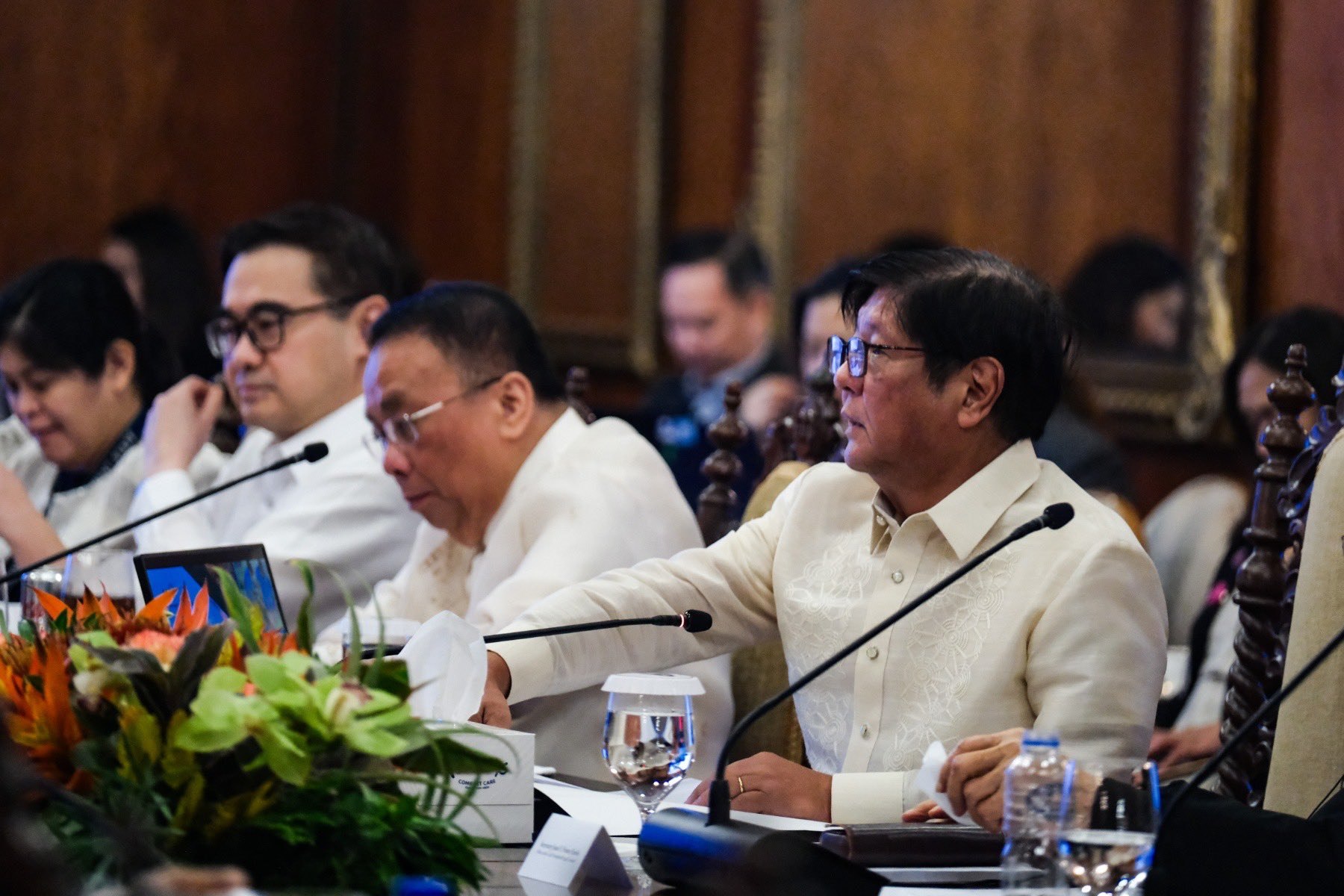Filipino writers and publishers are celebrating as the country is slated to be the Guest of Honor in the upcoming Frankfurt Book Fair, the largest publishing fair in the world. After a decade-long effort involving even the use of public resources, the country finally has its opportunity to be highlighted on the global stage, all while competitions, authors, and translators are barely funded back home.
The country’s participation in the fair poses an irony: University presses and university-educated publishers, who tout their role in nation-building and produce critical works advocating for social justice, intentionally put on blindfolds to the fair’s open support for Israel and deplatforming of Palestinians. No less than the UP Press has been named among the contributors. Backing a genocide, it seems, is a small price to pay for a shot at international publication rights.
Yet despite calls from independent publishers to boycott the event due to its genocide complicity, mainstream and university presses remain unfazed. Perhaps it is because the local literary scene is dire. Plagued with declining readership and literacy rates, publishers are often pushed to release sensational stories just to earn money—and the fair offers a rare lifeline.
At the end of the day, the fair is a marketplace. It plays a crucial role in the global trade of publishing rights and pre-publication marketing, making it a key engine behind the industry’s most visible and commercially successful titles.
This overshadows the fair’s genocide complicity, as market values always take precedence. Ethical concerns are dismissed in favor of profit and access to global publishing rights.
Critical works in this kind of market get absorbed and repackaged as exportable commodities. Political resistance is diluted, becoming just another product for international sale. Books condemning state violence become transnational products—celebrated abroad, then co-opted into the machinery of soft power.
Such is the case of our book lineup for the fair, which includes authors who became successful for writing against Duterte’s bloody drug war, yet now willingly align themselves with a book fair that openly supports the same carnage Israel is inflicting on Palestine. In this system, profit consistently outweighs principle.
For our local publishers, it is important to interrogate the meaning of submitting our literature to organizers backing an ongoing occupation. International book fairs can boost profit and readership, but global visibility should not come at the cost of ethical integrity. One must only choose prudently which to join. The Literal Pro Radical Book Fair in Barcelona, where Gantala Press is participating, proves that this is possible.
When faced with a choice between principle and profit, the answer shouldn’t take long, especially for university presses whose institutions have long histories of fighting colonization and oppression.
Instead of being subsumed under the global market through a gathering that enables ethnic cleansing, we should strengthen our domestic literary scene first. Adequate funding and support must be funneled to local and independent publishers, who can then center the critical voices of our budding artists.
Writers in our country are talented. So let it be through such talent propelled by strong domestic support that they gain global recognition, not through genocidal complicity. ●
First published in the May 27, 2025, print edition of the Collegian.
